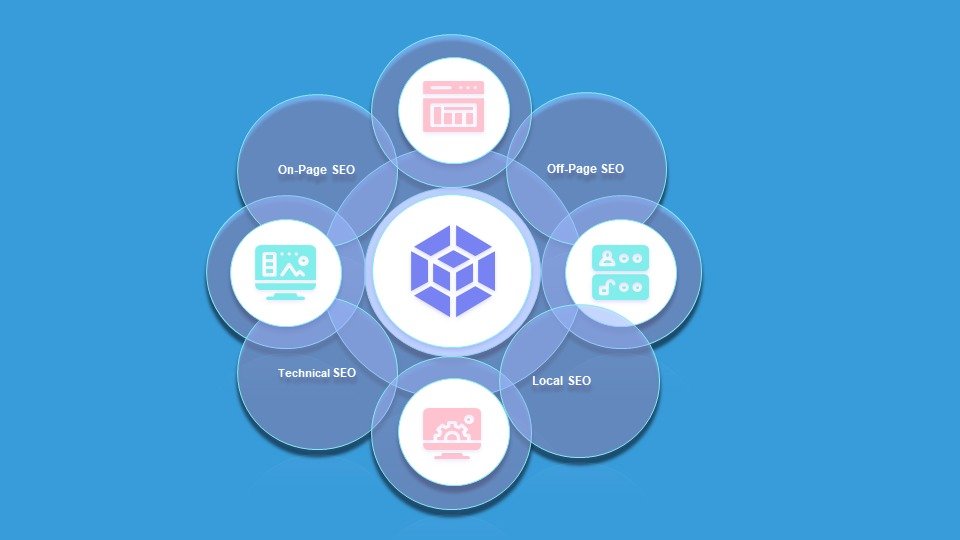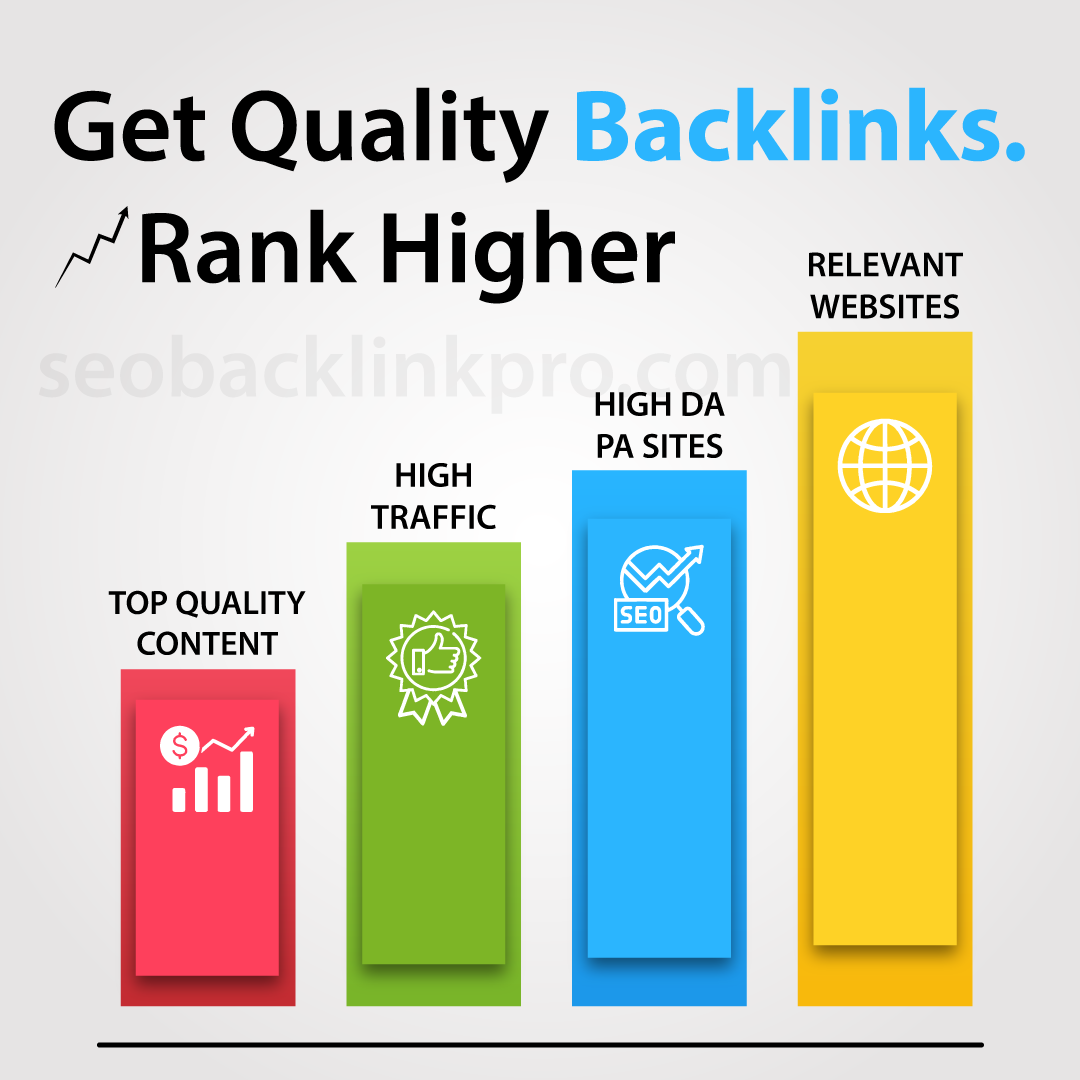Introduction
In the ever-evolving world of search engine optimization (SEO), one term that stands tall is "Backlink." It is an essential concept that plays a pivotal role in determining a website's authority, credibility, and overall ranking on search engine result pages (SERPs). In this article, we will delve into the depths of what backlinks are, how they work, and why they are crucial for SEO success.
What is Backlink?
A backlink, also known as an "inbound link" or "incoming link," is a hyperlink that directs users from one website to another. In simple terms, when one website links to another website, a backlink is established. Think of it as a vote of confidence or a virtual endorsement from one site to another. Search engines view backlinks as a signal of a website's credibility and relevance, helping them determine its authority and popularity.
Backlinks hold significant importance in SEO because they serve as a trust indicator. The more high-quality backlinks a website receives from other authoritative sites, the more search engines consider it a valuable resource. Consequently, the website's chances of ranking higher in search results improve significantly.
Key Factors of Backlink Quality
Source Authority: The authority of the website providing the backlink matters. A backlink from a reputable and influential site carries more weight than one from a low-quality site.
Relevance: The relevance of the linking site to the target site is crucial. A backlink from a site within the same niche or industry is more valuable than one from an unrelated source.
Anchor Text: The text used for the backlink (anchor text) also plays a role in SEO. Descriptive and relevant anchor text enhances the link's value to search engines.
Link Placement: Backlinks placed within the main body of content are generally more effective than those buried in footers or sidebars.
How Backlinks Influence SEO
Search engines, such as Google, consider backlinks as an essential ranking factor. The logic behind this lies in the concept of "link popularity." In essence, if multiple credible sources link to a particular webpage, it signifies the page's importance and relevance to users.
Backlinks not only drive referral traffic but also help search engine crawlers discover new content. When a reputable website links to your content, search engines are more likely to index and rank your page higher in relevant search queries. This increased visibility can lead to more organic traffic and potential conversions.
Inbound links from high-authority websites act as a stamp of approval, boosting your website's credibility and trustworthiness in the eyes of both search engines and users. As your backlink profile grows stronger, your chances of earning a coveted spot on the first page of search results significantly improve.
Conclusion
Backlinks are the lifeblood of SEO. They provide a bridge between websites, allowing users to navigate the vast expanse of the internet seamlessly. Understanding the importance of backlinks and actively pursuing quality links is essential for any website aiming to enhance its online visibility and authority.
So, next time you come across the term "backlink," remember the power it holds in shaping the digital landscape. As you nurture your backlink profile with relevant and authoritative links, you will pave the way for your website to thrive in the competitive realm of search engine rankings.
Thanks for reading





Comments (75)
FdXS
KOtlAQOs
FdXS
KOtlAQOs
FdXS
KOtlAQOs
FdXS
KOtlAQOs
FdXS
KOtlAQOs
FdXS,.).'("()(
KOtlAQOs
FdXS,.).'("()(
KOtlAQOs
FdXS,.).'("()(
KOtlAQOs
FdXS,.).'("()(
KOtlAQOs
FdXS,.).'("()(
KOtlAQOs
FdXS'gMCGXe<'">RFRrkq
KOtlAQOs
FdXS'gMCGXe<'">RFRrkq
KOtlAQOs
FdXS'gMCGXe<'">RFRrkq
KOtlAQOs
FdXS'gMCGXe<'">RFRrkq
KOtlAQOs
FdXS'gMCGXe<'">RFRrkq
KOtlAQOs
FdXS
KOtlAQOs
FdXS
KOtlAQOs
FdXS
KOtlAQOs
FdXS
KOtlAQOs
FdXS
KOtlAQOs
FdXS
KOtlAQOs
FdXS
KOtlAQOs
FdXS
KOtlAQOs
FdXS
KOtlAQOs
FdXS
KOtlAQOs
FdXS
KOtlAQOs(".).).)('
FdXS
KOtlAQOs(".).).)('
FdXS
KOtlAQOs(".).).)('
FdXS
KOtlAQOs(".).).)('
FdXS
KOtlAQOs(".).).)('
FdXS
KOtlAQOs'PMNntU<'">RzhgPu
FdXS
KOtlAQOs'PMNntU<'">RzhgPu
FdXS
KOtlAQOs'PMNntU<'">RzhgPu
FdXS
KOtlAQOs'PMNntU<'">RzhgPu
FdXS
KOtlAQOs'PMNntU<'">RzhgPu
FdXS
KOtlAQOs
FdXS
KOtlAQOs
FdXS
KOtlAQOs
FdXS
KOtlAQOs
FdXS
KOtlAQOs
FdXS
KOtlAQOs
FdXS
KOtlAQOs
FdXS
KOtlAQOs
FdXS
KOtlAQOs
FdXS
KOtlAQOs
FdXS
KOtlAQOs
FdXS
KOtlAQOs
FdXS
KOtlAQOs
FdXS
KOtlAQOs
FdXS
KOtlAQOs
FdXS
KOtlAQOs
FdXS
KOtlAQOs
FdXS
KOtlAQOs
FdXS
KOtlAQOs
FdXS
KOtlAQOs
FdXS
KOtlAQOs
FdXS
KOtlAQOs
FdXS
KOtlAQOs
FdXS
KOtlAQOs
FdXS
KOtlAQOs
FdXS
KOtlAQOs
FdXS
KOtlAQOs
FdXS
KOtlAQOs
FdXS
KOtlAQOs
FdXS
KOtlAQOs
FdXS
KOtlAQOs
FdXS
KOtlAQOs
FdXS
KOtlAQOs
FdXS
KOtlAQOs
FdXS
KOtlAQOs
FdXS
KOtlAQOs
FdXS
KOtlAQOs
FdXS
KOtlAQOs
FdXS
KOtlAQOs
FdXS
KOtlAQOs
Post a Comment